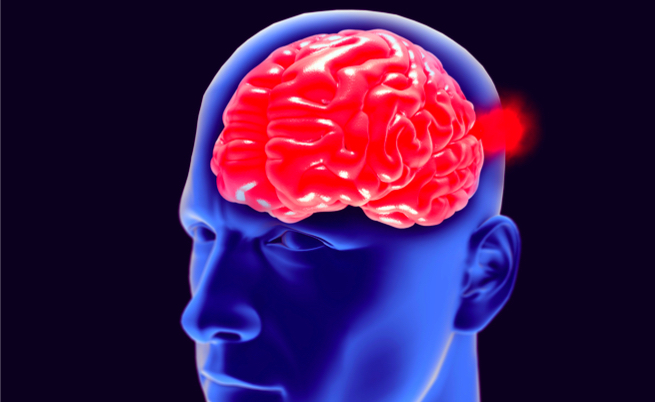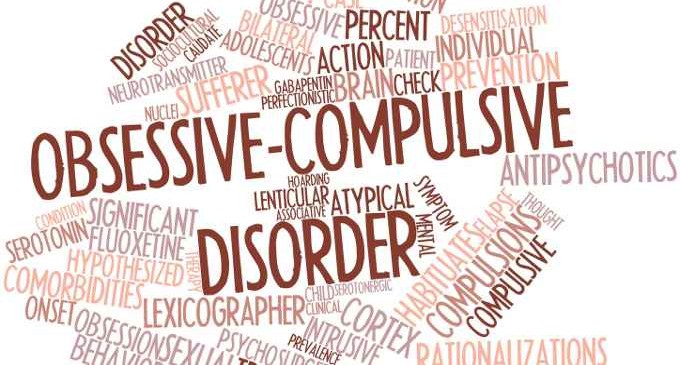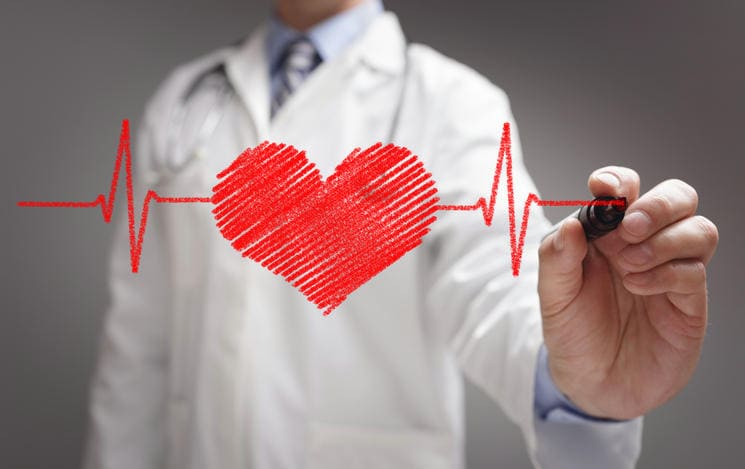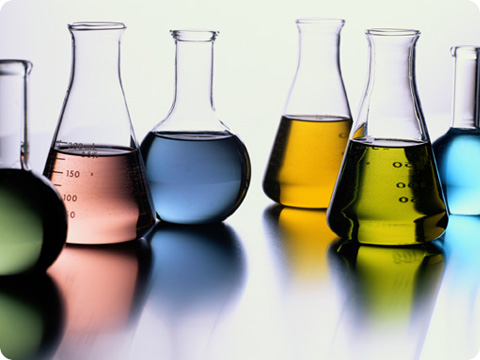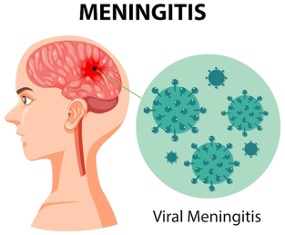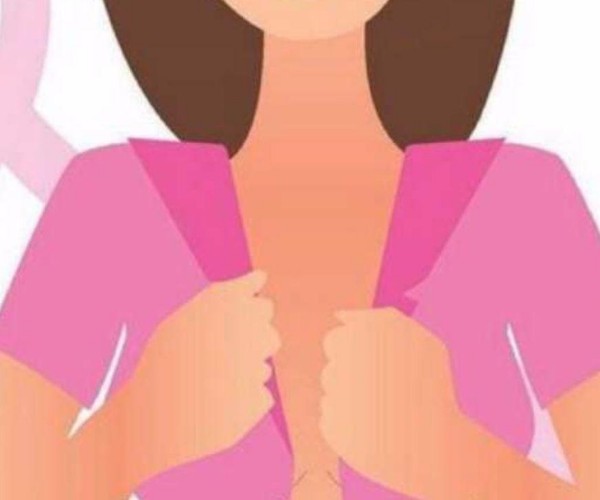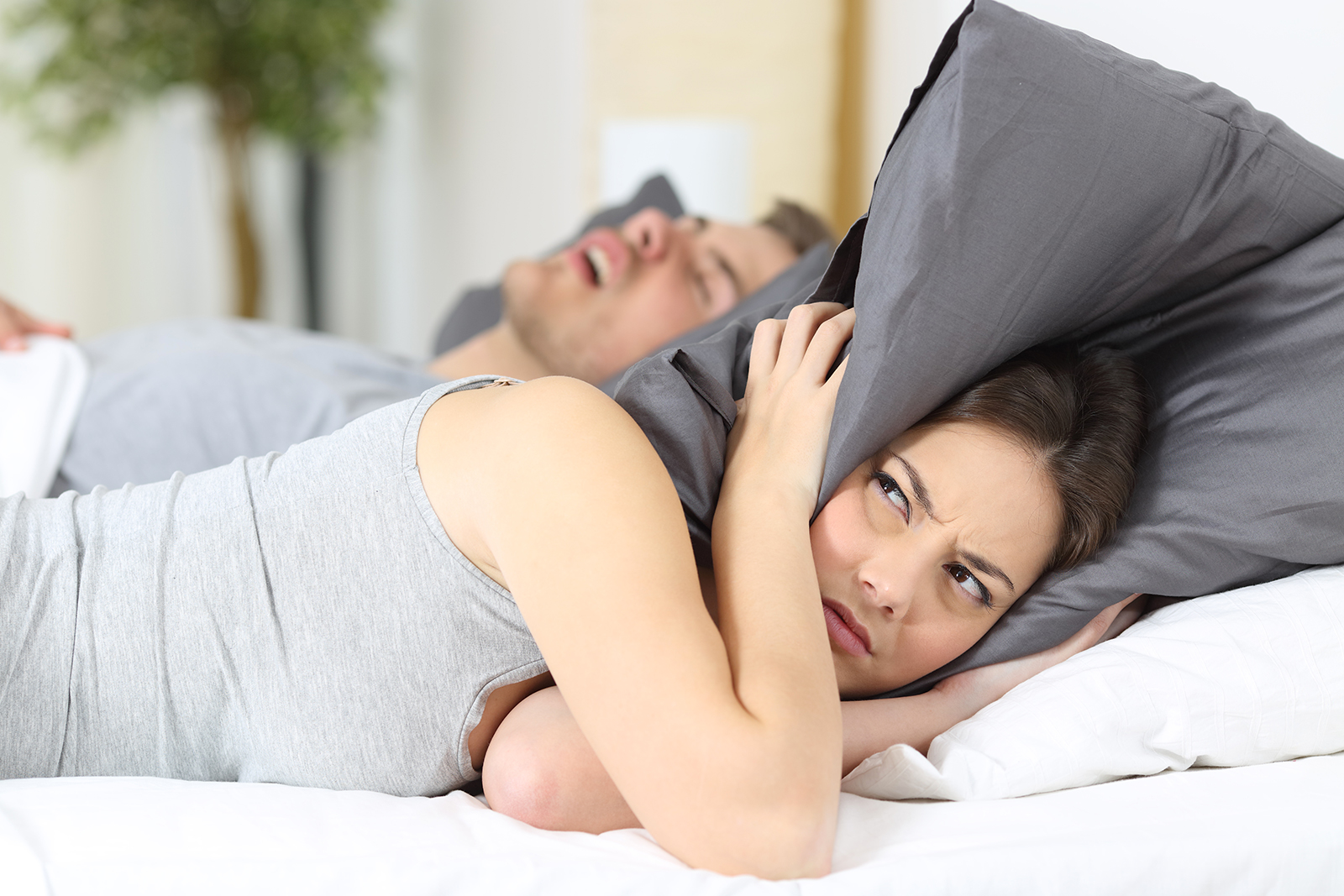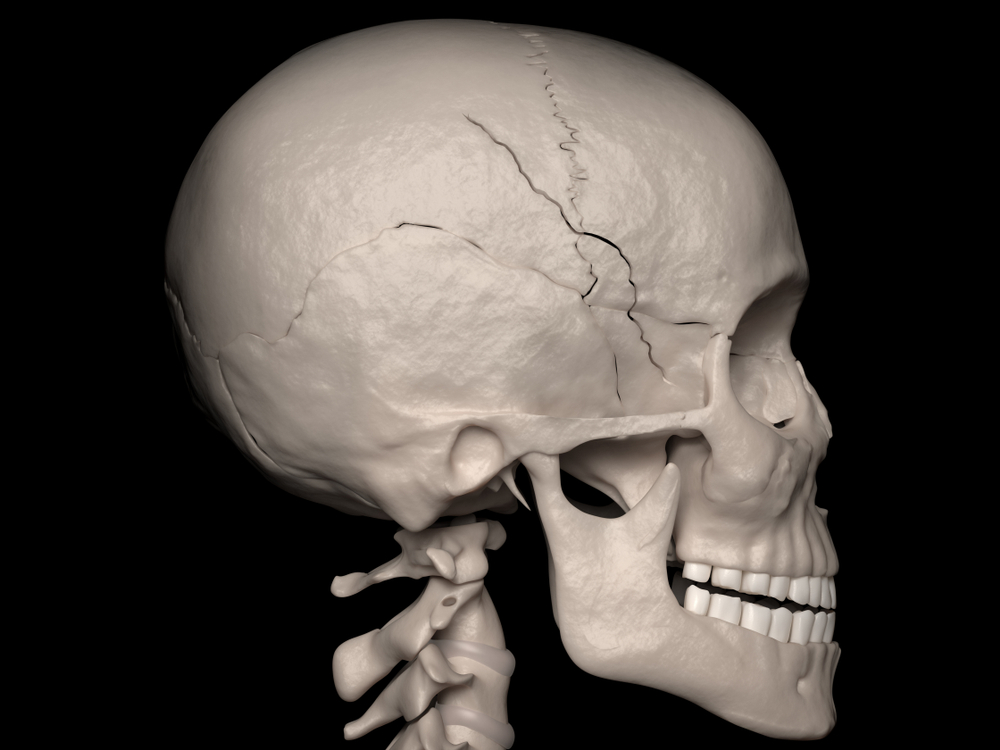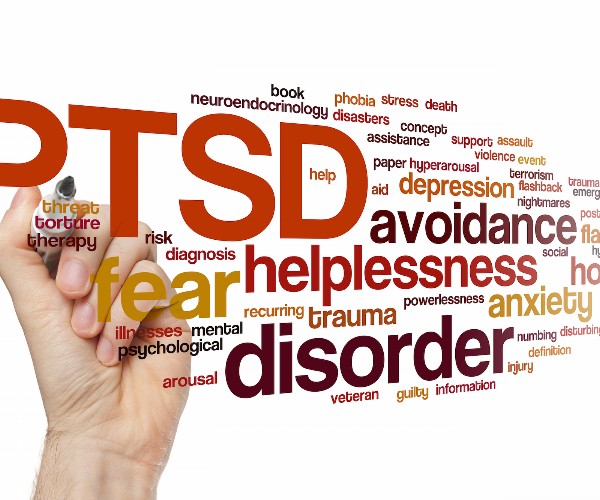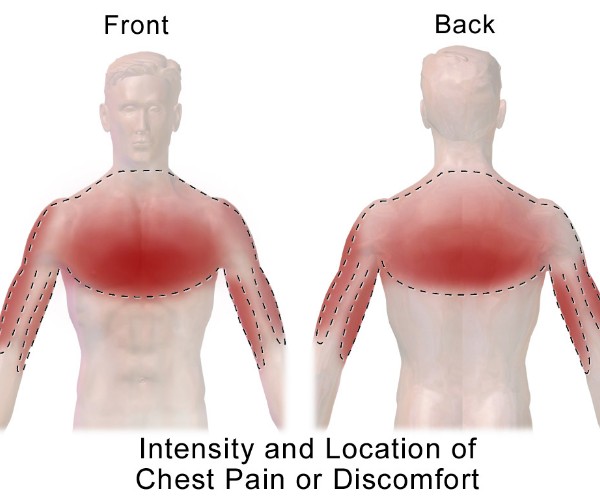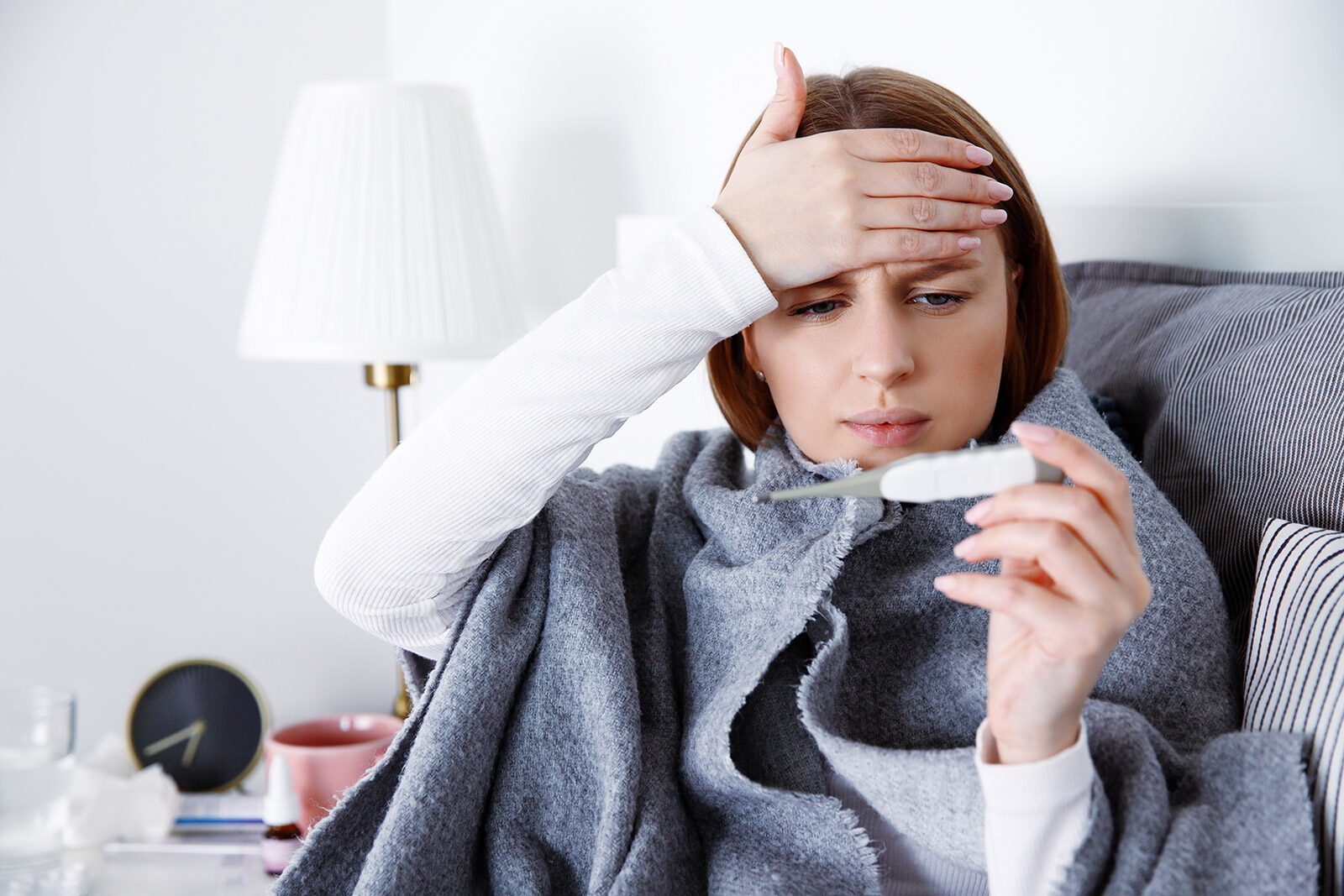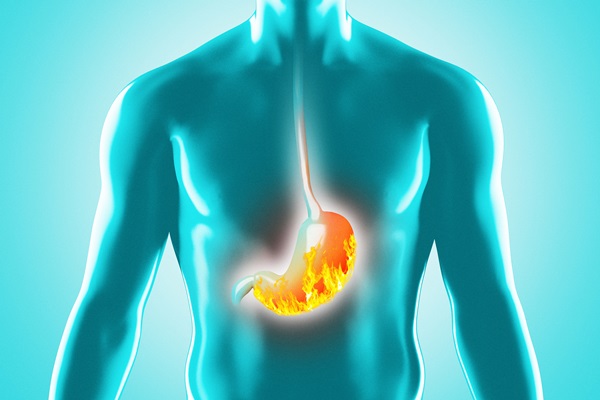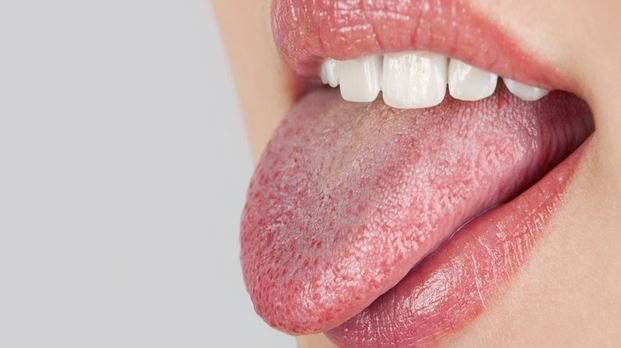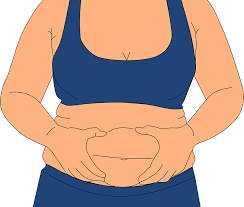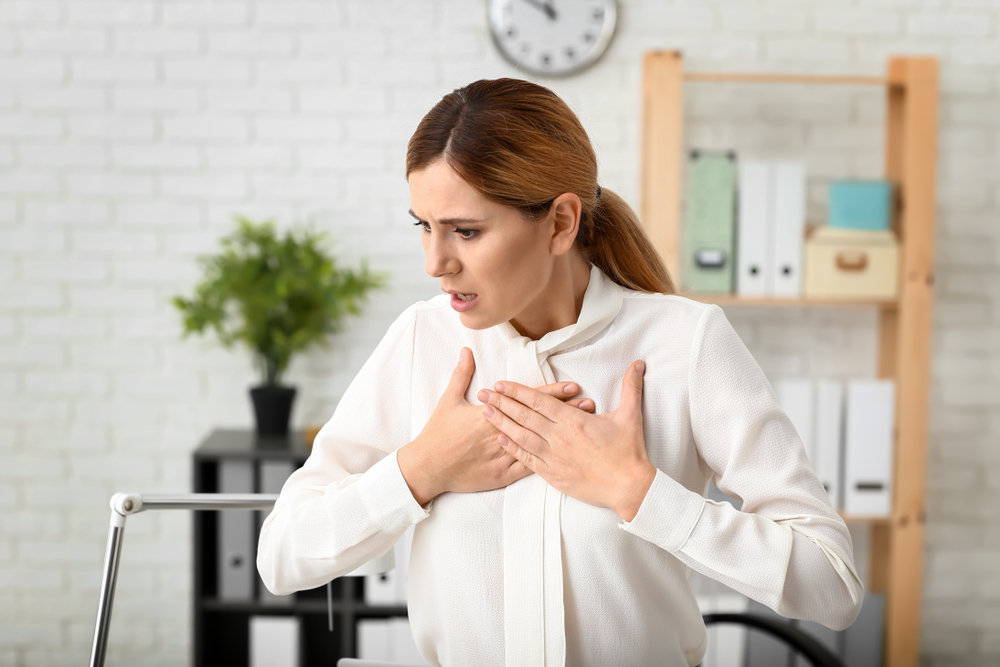Both gynecological specialists as well as psychiatrists and psychologists claim that a very large percentage among women not only experience little or no pleasure from the sexual act, but sometimes derive physical pain and in some cases even revulsion from it, all symptoms that lead to a condition of anorgasmia.
Before investigating the possible psychological and emotional causes of this condition, it is important to consider the possible underlying clinical causes.
There are many possible clinical factors: cardiovascular disease,kidney failure, cancer, some nerve diseases such as multiple sclerosis, bladder disorders or diseases that can result in sexual dysfunction.
There are also other factors besides the purely physical ones, such as the effects caused by certain medications, such as antidepressants, antihypertensive drugs, or chemotherapy drugs can indirect sexual desire and consequently reduce or nullify the ability to experience an orgasm.
There may then be hormonal causes, when less consistent levels of estrogen occur at themenopausal age, where changes appear in genital appartao tissues and sensitivity to sexual urges.
A consequence of decreased estrogen is also a reduction in blood circulation to the pelvic area, which may respond with reduced genital sensitivity and consequently to less arousal, thus not sufficient to achieve orgasm.
Gradual sexual inactivity combined with a less elastic vaginal structure can then reinforce the disorder of Anorgasmia.
Also after childbirth or during lactation there may be a decrease in hormone levels and consequently a decreased sexual sensitivity aimed at arousal and orgasm.
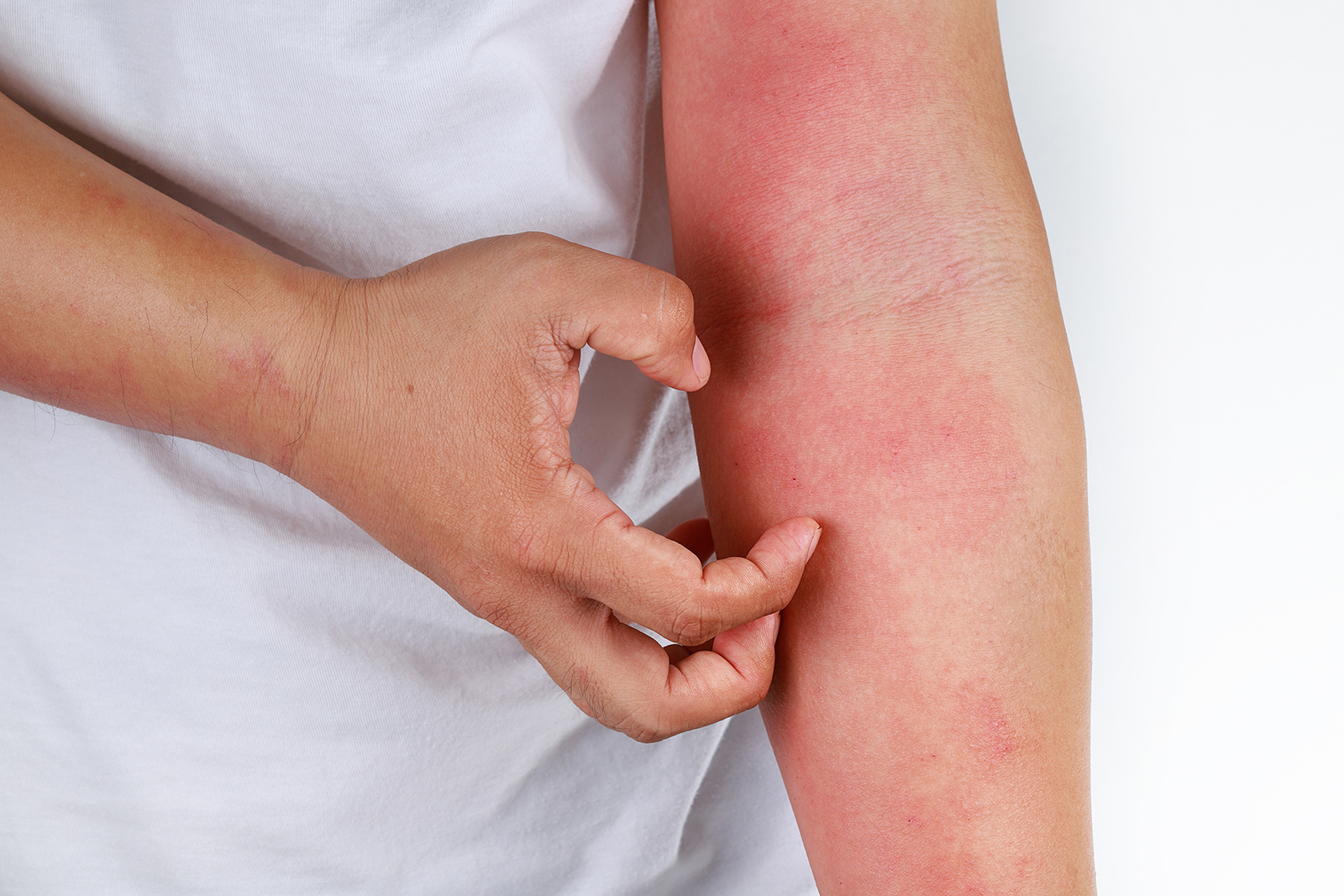
Relief from itchy atopic dermatitis
If itching is caused by atopic dermatitis to relieve the discomfort and find immediate relief an emollient cream based on lipids and fatty acids should be used, which works against




